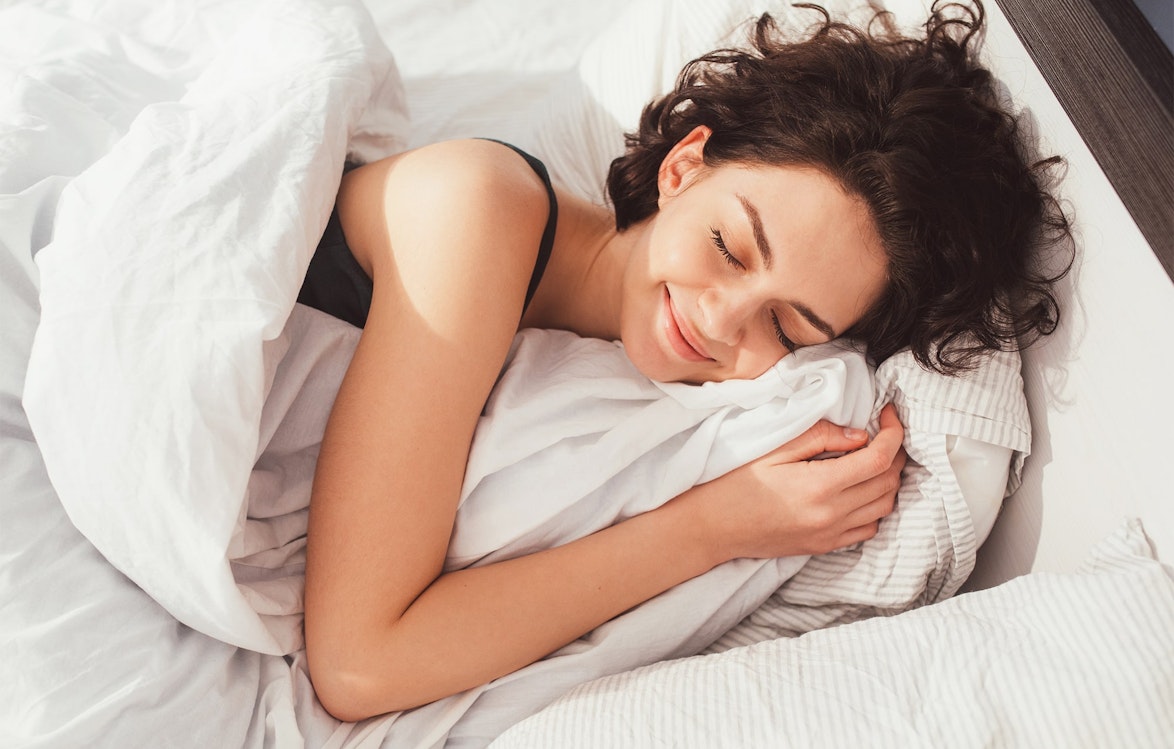Time to read: 4 min
How sleep and rest influence your sports performance
After a short night, you really don't feel like getting up early to go for a workout. And when you do go, you quickly notice that your performance is lower than usual. Why is that? In this article, we'll explain what's going on.
The importance of good sleep
Everyone benefits from a good night's sleep! Along with healthy eating and enough exercise, sleep is an essential component for a strong body and a healthy mind. Quality sleep provides more energy, reduces stress, decreases cravings for unhealthy things, and makes you feel more comfortable in your own skin.
Sleep and Sports Performance
It's no coincidence that top athletes often place great importance on good sleep. Quality sleep has a positive impact on your sports performance. A well-rested body and mind come with several advantages:
- Energy - There's a reason you feel lethargic after a night of poor sleep. Initially, sleep is about restoring energy: you expend energy during the day, and you replenish it during your sleep.
- Motivation - When we wake up refreshed, we're motivated to do things, like exercising! However, if you don't sleep well for a night, motivation tends to disappear quickly.
- Strength - Lift more weight by getting good sleep? Research says yes (2). After three nights of only 3 hours of sleep per night, researchers observed a significant difference in the maximum number of bench presses, leg presses, and deadlifts.
- Injuries - The body undergoes repair during our sleep. Those who don't get enough sleep won't recover adequately and have a higher risk of injuries. Research among combat sports athletes supports this (3).
- Reaction Time - Driving with sleep deprivation is as dangerous as driving under the influence. This conclusion is drawn by organizations like Veilig Verkeer Nederland, pointing out that reaction time is significantly slower. This sluggishness can also negatively impact sports performance.
How much sleep does an athlete need?
The guidelines from the National Sleep Foundation suggest that adults (including young adults) need 7 to 9 hours of sleep per night (5).
However, just as athletes need to consume more than the average number of calories, they also need more sleep. If you're using a lot of energy, you naturally require more recovery.
It's no wonder that well-known athletes often sleep longer than the average person. For example, Roger Federer and LeBron James sleep more than 10 hours per night (7)!
Negative Effects of Exercise on Sleep Quality
So, good sleep has a positive impact on your sports performance. But can exercising also have a negative effect on your sleep quality? Well, if you don't pay attention to these things:
1. Less sleep due to exercising
If you set the alarm to hit the gym before work, good for you! Well, as long as you went to bed earlier the night before. Exercising when you're not properly rested can have a negative impact on your sports performance. Just check out the list earlier in this article!
2. Difficulty falling asleep
To easily fall asleep, our bodies need to enter 'sleep mode' first. That's why it's recommended to engage in relaxing activities only a few hours before bedtime. No TV, but maybe reading a book, for example. And definitely not exercising or training late!
3. Too heavy or too much training
Pushing your limits occasionally feels great! But consistently training too heavy, too long, or too much isn't wise. You might end up overtraining. This can lead to restless sleep, less effective recovery, and a greater need for sleep. If you also have a demanding job or a (large) family, it could catch up with you in the long run.
Tips to Improve Your Sleep
There are many things you can do to enhance your sleep quality, such as ensuring a dark, cool room, taking magnesium before bedtime, or avoiding bright and blue light.


